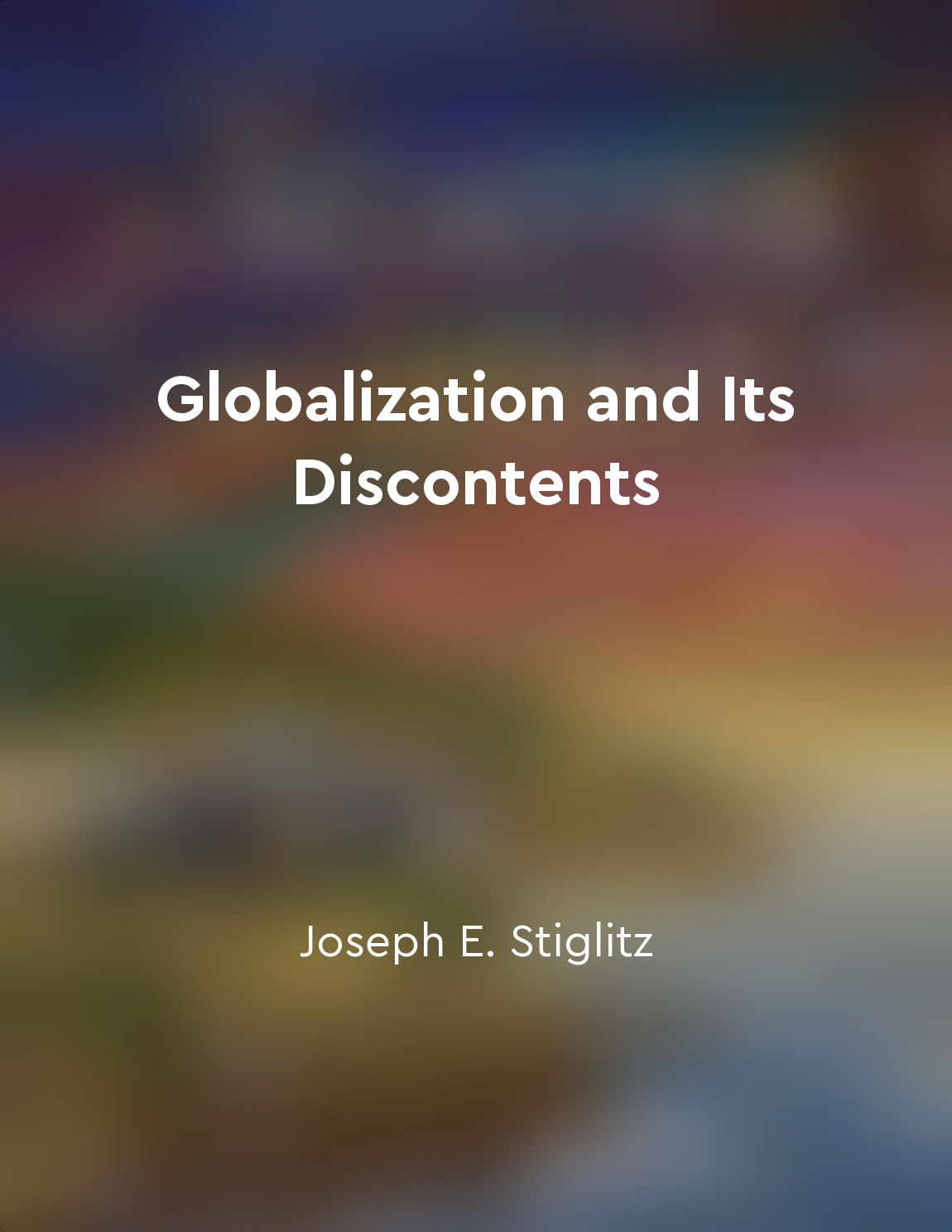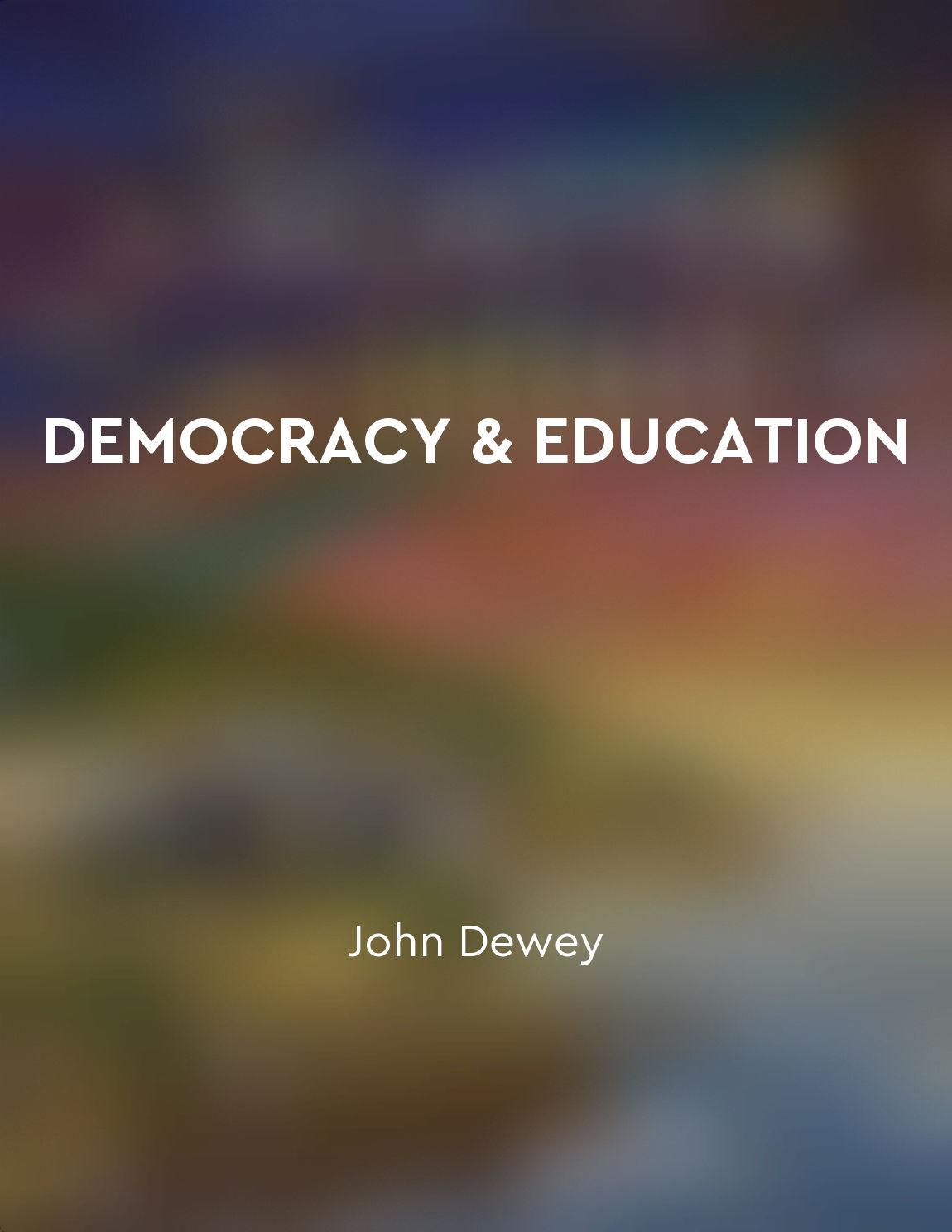Encouraging inclusive governance and participatory decisionmaking from "summary" of Target 3 Billion by Avul Pakir Jainulabdeen Abdul Kalam,Srijan Pal Singh
Governance is about making decisions that affect people's lives. Inclusive governance ensures that everyone's voice is heard, especially those who are often marginalized or excluded. It is about creating a system where every individual has the opportunity to participate in decision-making processes that impact them. This approach acknowledges the diversity of perspectives and experiences within a community, leading to more comprehensive and effective solutions. Participatory decision-making goes hand in hand with inclusive governance. It involves actively involving individuals in the decision-making process, rather than just informing or consulting them. When people have a say in the decisions that affect them, they are more likely to support and implement those decisions. This approach fosters a sense of ownership and accountability among community members, leading to more sustainable outcomes. Encouraging inc...Similar Posts
The rule of law safeguards freedom
The rule of law safeguards freedom by establishing a framework of norms and procedures that limit the arbitrary exercise of pow...
Appeal to selfinterest
The core principle that I am laying out for you is the idea of appealing to self-interest. This concept is not about appealing ...
Understanding the economic development of India
To comprehend the economic development of India, one must delve into the various factors that have shaped the country's growth ...
The benefits of a bicameral legislature
The establishment of two distinct bodies in the legislative department, each of them formed on a different principle, constitut...
Border policies should consider the interconnectedness of all life forms
In the throes of the climate crisis, our understanding of borders must evolve. We must recognize the intricate web of life that...
Tocqueville reflects on the concept of social equality in America
Throughout his exploration of American society, Alexis de Tocqueville delves into the complex concept of social equality and it...

There is a need for reform in global economic institutions
The current global economic institutions are not working as they should. They were designed in the aftermath of World War II, w...

Election Commission
The Election Commission is a constitutional body that is responsible for conducting and supervising elections in India. It was ...
The Constitution establishes a system of checks and balances
The Constitution of India is not just a document that lays down the laws of the land; it is a carefully crafted framework that ...

Students must learn to engage with different perspectives
In order to truly grasp the complexities of the world they inhabit, students must learn to engage with different perspectives. ...
